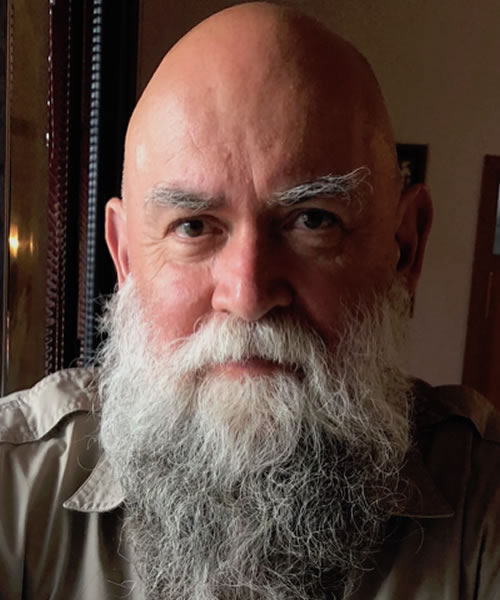In October 2018 Ecumenical Patriarch Bartholomew, leader of the global Orthodox Church, granted autocephaly (independence) to the Ukrainian Orthodox Church, which had been under the jurisdiction of the Russian Orthodox Church for more than 300 years. Over a thousand years ago, the prince of Kievan Rus, Vladimir the Great, converted to Christianity in the area today known as Ukraine, and both Russia and Ukraine claim that empire as the root of their religious and national heritage. For decades, the Ukrainian Orthodox Church has sought its independence, but only recently have geopolitical and theological factors aligned to make such a move possible. Russian military activity in eastern Ukraine has been particularly influential, cited by Ukrainian President Petro Poroshenko as a reason to separate the two churches. The move would cause Moscow to lose control over thousands of churches—crucial to the Russian Orthodox Church’s influence to its west, and a key avenue of Russian soft power. Russian religious and political leaders have responded with outrage. A top Russian Orthodox Church official criticized the Istanbul-based patriarch’s decision, saying that it “threatens the global Orthodox world with a schism,” and the church cut ties with the Patriarchate of Constantinople. Kremlin spokesperson Dmitry Peskov said President Vladimir Putin’s administration will intervene if necessary to defend the interests of Orthodox Christians everywhere.
What is the role of Orthodox Christianity in Ukraine’s religious landscape? How did political, theological, historical, and geopolitical factors contribute to Patriarch Bartholomew’s decision to grant autocephaly? What impact will the separation have on the future of Orthodox Christianity in Ukraine?






